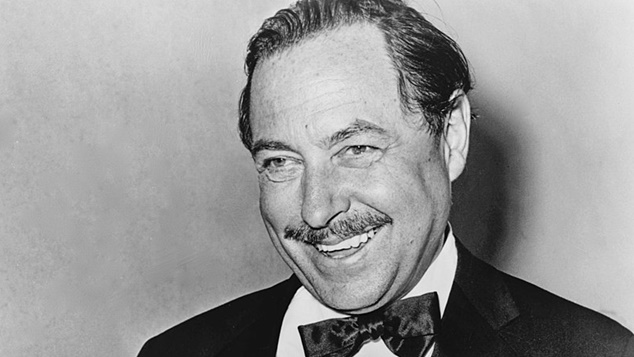Tennessee Williams is remembered as one of the most important playwrights of the 20th century
Tennessee Williams was a prolific American playwright and author, best known for his emotionally charged, psychologically complex works that explored the human condition.
Born Thomas Lanier Williams III on March 26, 1911, in Columbus, Mississippi, he was the son of a shoe company executive and a Southern belle. Williams’ early life was marked by tragedy, including the hospitalisation of his beloved sister for schizophrenia and his own struggles with depression.
Williams’ first success as a playwright came in 1944 with The Glass Menagerie, which explores the lives of a family in St. Louis, Missouri. The play was a critical and commercial success, earning Williams his first New York Drama Critics’ Circle Award. He went on to write many more successful plays, including A Streetcar Named Desire, Cat on a Hot Tin Roof, Sweet Bird of Youth and The Night of the Iguana.
Williams’ plays are known for their vivid characters, poetic language, and themes of sexuality, violence, and death. His characters often struggle to find meaning and fulfillment in their lives, and their emotional and psychological struggles mirror those of Williams himself. His works are also known for their exploration of taboo subjects, such as homosexuality and mental illness, which were not commonly addressed in mainstream American theatre at the time.
Williams was open about his homosexuality at a time when being gay still carried a great deal of stigma and discrimination. He had several relationships throughout his life, but substance abuse and mental health concerns often prevented him from sustaining a long-term relationship.
Many of his best-known works have been turned into iconic films and his plays are often restaged around the world. Williams wrote 39 plays in total as well as several novels. His final play In Masks Outrageous and Austere was written intermittently between 1978 and 1982 – but did not get its first performance until 2012.
Despite his success, Williams’ personal life was marked by tragedy and turmoil. He struggled with addiction and mental illness throughout his life, and his relationships with his family were often fraught.
He died on February 25, 1983, at the age of 71, in a New York City hotel room, leaving behind a legacy as one of America’s greatest playwrights. Initially it was reported that he died having choked on a plastic bottle cap, but the coroner’s report was later amended when it was determined that he had been using the cap to ingest barbiturates.
OIP Staff, AI technology was used in generating parts of this report.
You can support our work by subscribing to our Patreon
or contributing to our GoFundMe campaign.








